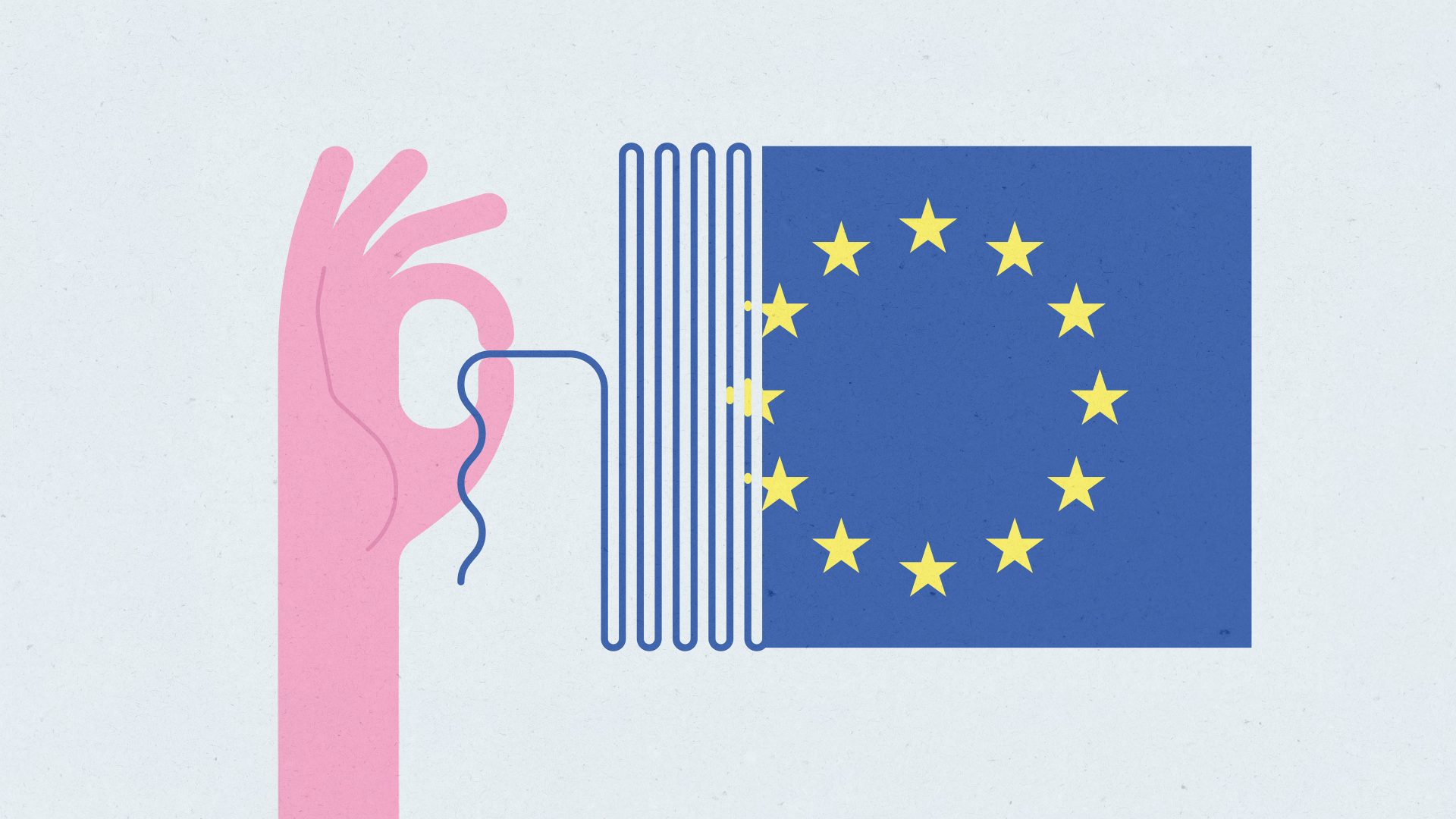This week Best for Britain published research into the economic impact of closer EU-UK alignment, an analysis that also accounts for external factors including new tariffs imposed by the US. While we have been encouraged by the reception this work has received, from parliamentarians, commentators and the public, some commentators – particularly Jonty Bloom, here in the New European – have questioned not only the validity of the exercise, but the justification for taking it on in the first place.
The first thing to say is that while Best for Britain commissioned this report, it is completely independent research by experts at Frontier Economics, using the same methods used by the Treasury.
Frontier’s projection of a 2.2% economic boost from deep UK-EU alignment on goods and services should not only be a tempting offer for a government that has pegged its political fortunes to growth, but exciting for all who want to see the UK rebuild ties with our closest allies and largest market.
Notably it gives this government a chance to succeed where the last one comprehensively failed. Deep alignment on goods in particular sees the greatest projected growth for areas like the West Midlands, Yorkshire and the North East. This is what real leveling-up looks like.
But to the substantive point flagged in Jonty Bloom’s response to our research, published here in the pages of the New European, and his argument that deep alignment is impossible outside the single market – on this point we must respectfully disagree. The existence of the Trade and Cooperation Agreement between the UK and EU is itself proof that the UK does not need to copy a Swiss or Norwegian style deal. The very reason we undertook this research was precisely because we wanted to know what can be achieved within the political constraints the government bound itself to in its 2024 manifesto. Anything else ignores political reality.
Whether you agree with Keir Starmer or not, his red lines mark out the pitch we have to play on, and it is not insignificant. Deeper alignment through mutual recognition agreements in particular, which both the UK and EU have with many other nations but not with each other, can have a profound impact in reducing costs for businesses and consumers.
The EU has such an agreement with Canada, covering everything from toys to tyres. As the EU’s neighbour, we should be even more ambitious. Removing technical barriers to trade will yield the growth that our report identifies, and all of this is achievable within Starmer’s red lines. This level of alignment goes beyond the current important policies dominating the conversation such as a veterinary (SPS) agreement or youth mobility, and as a result the projected growth goes beyond some analysts’ more modest estimates.
Much has been made of the EU’s unwillingness to grant the UK any kind of new arrangement, but the world has changed since the original Brexit negotiations. Global events have thrown the importance of the UK-EU alliance into sharper focus, and after almost a decade, Brussels has a more willing partner in Downing Street.
Unlike his predecessors, Starmer has repeated his commitment to honouring international agreements, including the full implementation of the TCA, Windsor Framework and membership of the European Court of Human Rights. This, along with the uncontroversial passage of the quietly important Product Regulation and Metrology Bill through parliament, should boost trust in the EU over beneficial alignment, and assuage their fear that a new, low regulation “Singapore-on-Thames” might emerge this side of the Channel.
Our report shows there are economic benefits on offer from alignment for both the EU and the UK, and it goes without saying that any offer of closer economic ties would be linked to broader negotiations on issues including the EU priorities of defence and youth mobility.
The economic dividends are just one reason europhiles in the UK should back this move. The unfortunate truth of Brexit is that for almost every day we remain unaligned with our largest market, the regulatory gulf increases, making the prospect of the UK ever rejoining ever more difficult. While some will see anything short of rejoining as an unpalatable compromise, the fact remains that the challenges for businesses and consumers increase every day that the UK is not aligned with the EU.
Jonty Bloom is right to say that politics trumps economics and Brexit was perhaps the clearest demonstration of this fact. But if politics is the art of the possible, our report shows what is possible in our current political reality. It is an opportunity for growth that our government would be mad to pass up.
Tom Brufatto, is executive director of policy and research, Best for Britain











